
STORIES
28-06-2020 di redazione

Many famous labels of spirits and distillates in the world hide, behind their sometimes curious names, sometimes resounding, curious legends or interesting implications related to their founders or places of production.
This is the case of Kenya's national beer, now a real trademark of the country, not only for thousands of domestic consumers, but for tourists and travellers.
The famous "Tusker", with the elephant in the logo, is now one of the symbols of this nation and is the best-selling beer in East Africa.
Few, however, know the tragic implications that led the brewery to be so called.
The Tusker Lager was officially brewed and marketed in 1929, but in fact already for about ten years in Kenya was drinking the beer produced in the then colony of the British Empire.
Among the first settlers who came to seek their fortune in Africa, after the construction of the Mombasa-Nairobi-Kampala railway, there were many "farmists".
Many of them dedicated themselves to the cultivation of tea and coffee, others had immense plantations of corn, fruit and vegetables.
The Hurst brothers, Charles and George, were farmers but also experienced brewers at home.
After collecting a large sum of money as gold diggers, they decided to invest their earnings in a brewery. They officially registered their company on December 8, 1922 under the name "Kenya Breweries".
The success was immediate, only the Stanley Hotel, the most prestigious hotel in Nairobi, ordered cases and crates. After a year Charles and George were ready to launch a real "brand" on the market, to reach the whole country.
George was known as a savannah enthusiast and great game hunter.
Just in the year of the opening of the "Kenya Breweries" he had found himself face to face with a lion and he had saved himself by a miracle, only reporting some wounds.
During a hunting trip in 1923, however, intent on taking some photos of a male elephant and its wonderful tusks, it got too close to the specimen, which was on it with all its strength and killed it by trampling it.
The great male elephants of East Africa are known as "Tuskers".
In his memory, Charles Hurst decided to name their first lager "industrial" Tusker.
Branding and advertising started in 1924, the Tusker Lager with the famous 500 ml bottle was officially produced in 1929.
The elephant's beer was a success and in 1935, after buying a brewery from the then Tanganyika, the company became "East African Breweries".
In 1938 Tusker won the first of many prizes in international competitions for this type of beverage.
Since the tragic end of George Hurst today the great elephant stands out in all the bars, restaurants and supermarkets of Kenya and is one of the emblems of this country, portrayed on t-shirts, cup holders, tablecloths and walls of every city and remote Kenyan village.
ANNIVERSARY
di redazione

Kenya celebrates this year, a century of one of its excellences.
1922. An important year for Kenya.
Two years ago, the British East African Protectorate was made into a...
TOURISM
di redazione
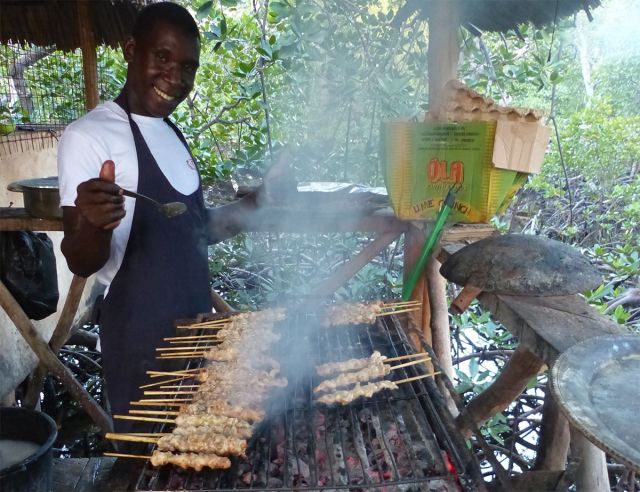
In recent years gastronomic tourism has grown considerably all over the world.
This is due to the popularity of certain programmes and also to the media coverage of dishes and restaurants, especially in social networks.
RECIPES
di redazione
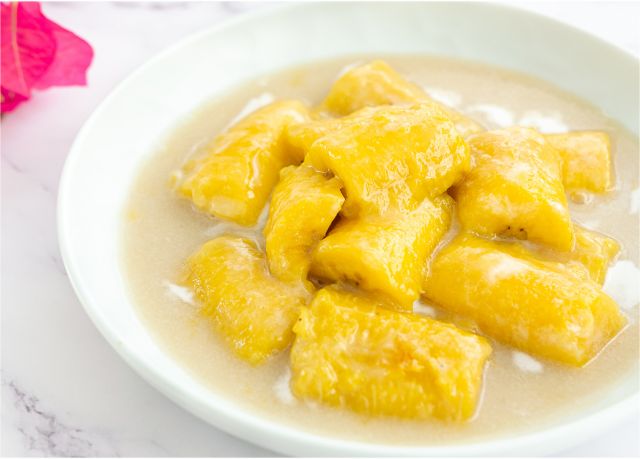
We have already talked about and proposed a classic recipe of matoke or green banana, but today we want to propose you a sweet, unpublished version: matoke in coconut cream and cardamom.
This fruit is very similar to the banana,...
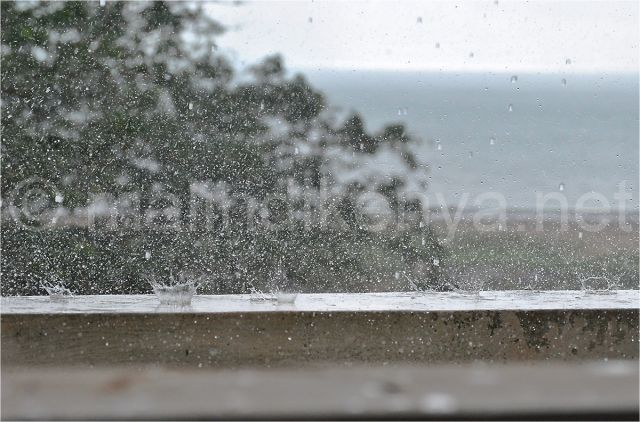
I don't think that Kenyans know the nursery rhyme that my grandmother used to sing to me when I was a child: "it's raining, it's raining, the cat doesn't move, we light the candle, we say good evening..." also because...
NATURE
di redazione
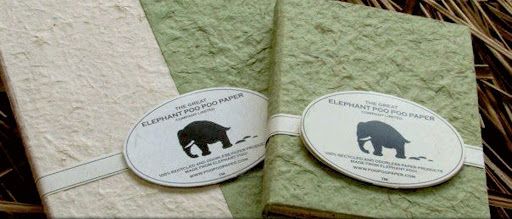
The elephant, as well as a species to be protected for its precious tusks, can increasingly prove to be a friend of man and Nature.
Certainly the biggest, but also the most useful in things you would not expect. A...

I didn't want to go back to Kenya.
Not that I didn't like it, I liked it more!
I had enjoyed myself in profusion.
LIFE IN KENYA
di redazione
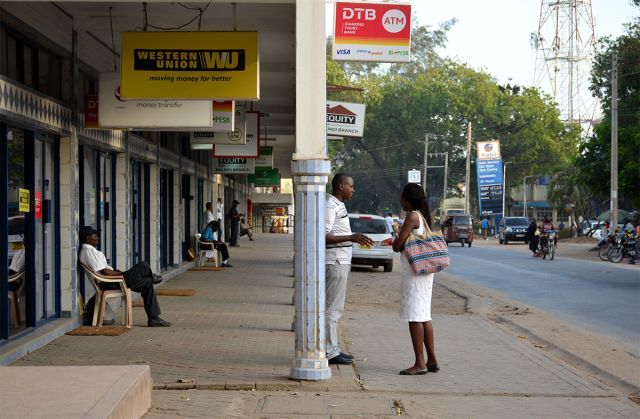
How much does it really cost to live in Malindi and Watamu without working?
How much can a pensioner or someone who has an income live on while savouring the dolce far niente?
Considering the overwhelming return of the desire...